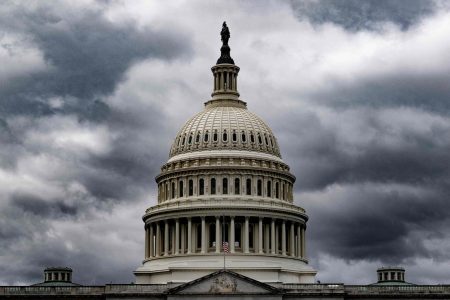The airline industry’s utilization of sophisticated pricing strategies, powered by artificial intelligence and vast data analysis, has become a subject of increasing scrutiny. These strategies, broadly categorized as dynamic pricing and surveillance pricing, aim to maximize revenue by adjusting fares based on various factors, ranging from overall market demand to individual user behavior. While airlines and online travel agencies argue that these techniques enable them to offer personalized experiences and manage fluctuating costs, consumer advocates and regulatory bodies like the Federal Trade Commission (FTC) are investigating the potential for unfair and opaque pricing practices. Understanding the mechanics of these pricing models and their implications for travelers is crucial for navigating the increasingly complex landscape of airfare.
Dynamic pricing, the more established of the two strategies, leverages real-time data analysis to adjust fares based on factors such as seat availability, route popularity, time of booking, and competitor pricing. Historically, this involved manual adjustments based on predictable trends, but the advent of AI has revolutionized the process. Sophisticated algorithms now analyze millions of data points to predict demand and optimize pricing in real-time, allowing airlines to react instantly to market fluctuations. For example, airlines might increase prices on a popular route as seats fill up, particularly during peak travel seasons. While this approach allows airlines to maximize revenue, it can also lead to significant price variations for the same flight, leaving consumers feeling exploited, especially those booking last minute or during high-demand periods.
Surveillance pricing, a more controversial practice, takes personalization a step further by incorporating individual user data into the pricing equation. This goes beyond simply tracking flight searches and encompasses a wide range of personal information, including browsing history, location data, device type, and even inferred income levels. The FTC is currently investigating how companies, including software providers serving the airline industry, utilize this data to tailor prices, raising concerns about privacy and potential discrimination. For instance, a user consistently searching for a specific flight might see prices increase, as the algorithm interprets this as a sign of urgency. Similarly, users accessing travel websites from affluent zip codes or using premium devices might be shown higher prices based on the assumption that they are willing to pay more.
The FTC’s investigation into surveillance pricing centers on two key companies, PROS Holdings Inc. and Accenture, both of which provide pricing optimization tools to the airline industry. PROS offers software that helps airlines manage revenue and adjust prices dynamically, while Accenture provides consulting services, including pricing strategies. While the exact role of these companies in setting specific fares remains unclear, their involvement in pricing optimization raises questions about the extent to which personal data influences ticket costs. AI algorithms employed by these companies analyze massive datasets to identify patterns and predict future trends, allowing airlines to anticipate market changes and adjust pricing accordingly. Furthermore, these algorithms can predict a customer’s willingness to pay, allowing for highly personalized pricing strategies that maximize revenue.
The ethical and legal implications of these pricing practices are significant. Critics argue that surveillance pricing lacks transparency and fairness, as passengers on the same flight can be charged different prices based on their individual profiles. This raises concerns about discriminatory practices, as individuals from lower socioeconomic backgrounds or those using less expensive devices could be systematically overcharged. Moreover, the opaque nature of these algorithms makes it difficult for consumers to understand why prices fluctuate or if their personal data is being used against them. This lack of transparency erodes trust and creates a sense of unfairness among travelers. The FTC’s investigation aims to shed light on the prevalence of these practices and determine whether they violate consumer protection laws.
While the legality of dynamic and surveillance pricing remains a subject of debate, consumers can take steps to mitigate their impact and potentially secure better deals. These strategies involve disrupting the data collection processes that feed the pricing algorithms. Using private browsing modes or clearing browser cookies can prevent websites from tracking search history and inferring urgency. Employing a Virtual Private Network (VPN) can mask location data, potentially allowing access to different regional prices. Comparing prices across multiple booking platforms and booking flights in advance can also help secure more favorable fares. While these tactics don’t guarantee the lowest price, they can level the playing field and reduce the influence of personalized pricing algorithms.
The evolving landscape of airfare pricing reflects the broader trend of data-driven personalization across various industries. While dynamic pricing, based on market factors, is a relatively accepted practice, the use of personal data in surveillance pricing raises significant ethical and legal questions. The lack of transparency and potential for discriminatory practices are key concerns that need to be addressed. The FTC’s investigation into surveillance pricing is a crucial step towards ensuring fair and transparent pricing practices in the airline industry. Until greater regulatory clarity emerges, consumers need to be aware of these practices and utilize available strategies to protect themselves from potentially unfair pricing. The future of airfare pricing hinges on striking a balance between the legitimate business interests of airlines and the rights of consumers to fair and transparent pricing.










